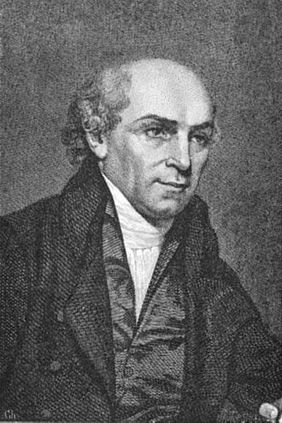
It is one of the hardest things for the natural human mind to comprehend that our own righteousness is not righteous enough for God. Humanly, we reason that if we do “good deeds,” they are “good” and “righteous” – why would that not be good enough?
But the Bible shows there are specific reasons why our righteousness can never be good enough. Read our article "What's Wrong with Our Righteousness?" uploaded today to see those reasons and better understand this aspect of the Scriptures. You can read the article here.




 RSS Feed
RSS Feed
